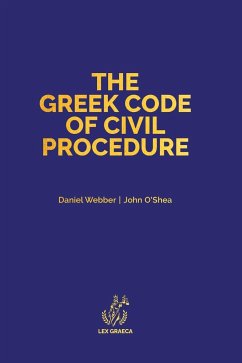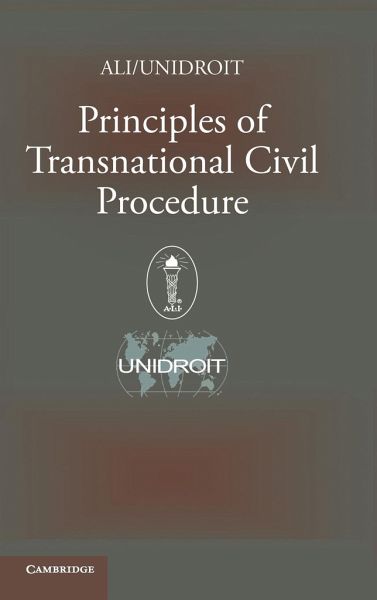
Principles of Transnational Civil Procedure

PAYBACK Punkte
42 °P sammeln!
The American Law Institute and UNIDROIT (International Institute for the Unification of Private Law) are preeminent organizations working toward the clarification and advancement of the procedural rules of law. Recognizing the need for a 'universal' set of procedures that would transcend national jurisdictional rules and facilitate the resolution of disputes arising from transnational commercial transactions, Principles and Rules of Transnational Civil Procedure was launched to create a set of acceptable rules and principles that would be accepted globally. This work strives to reduce uncertai...
The American Law Institute and UNIDROIT (International Institute for the Unification of Private Law) are preeminent organizations working toward the clarification and advancement of the procedural rules of law. Recognizing the need for a 'universal' set of procedures that would transcend national jurisdictional rules and facilitate the resolution of disputes arising from transnational commercial transactions, Principles and Rules of Transnational Civil Procedure was launched to create a set of acceptable rules and principles that would be accepted globally. This work strives to reduce uncertainty for parties obliged to litigate in unfamiliar surroundings and promote fairness in judicial judgments. As recognized standards of civil justice, Principles and Rules of Transnational Civil Procedure can be used in pleadings, development, and presentation of evidence, legal argument, and tribunal judgments such as arbitration. The result is a work which significantly contributes to the promotion of a universal rule of law norm.





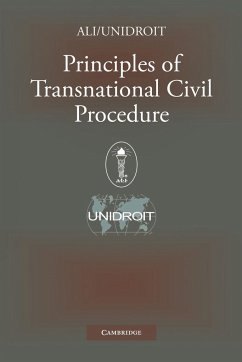

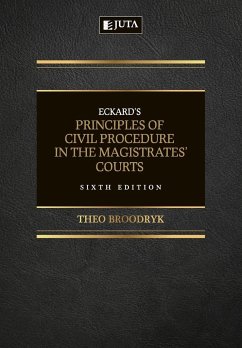

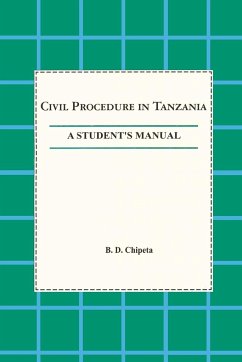

![International Civil Procedure [2007] I Cover International Civil Procedure [2007] I](https://bilder.buecher.de/produkte/23/23360/23360548n.jpg)

